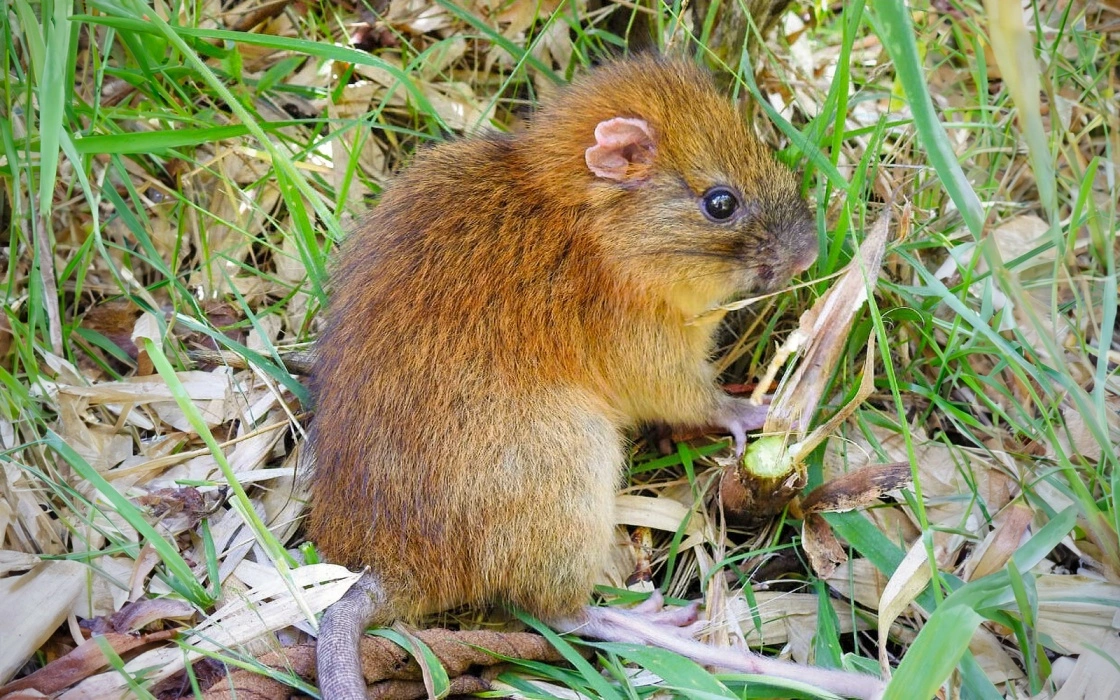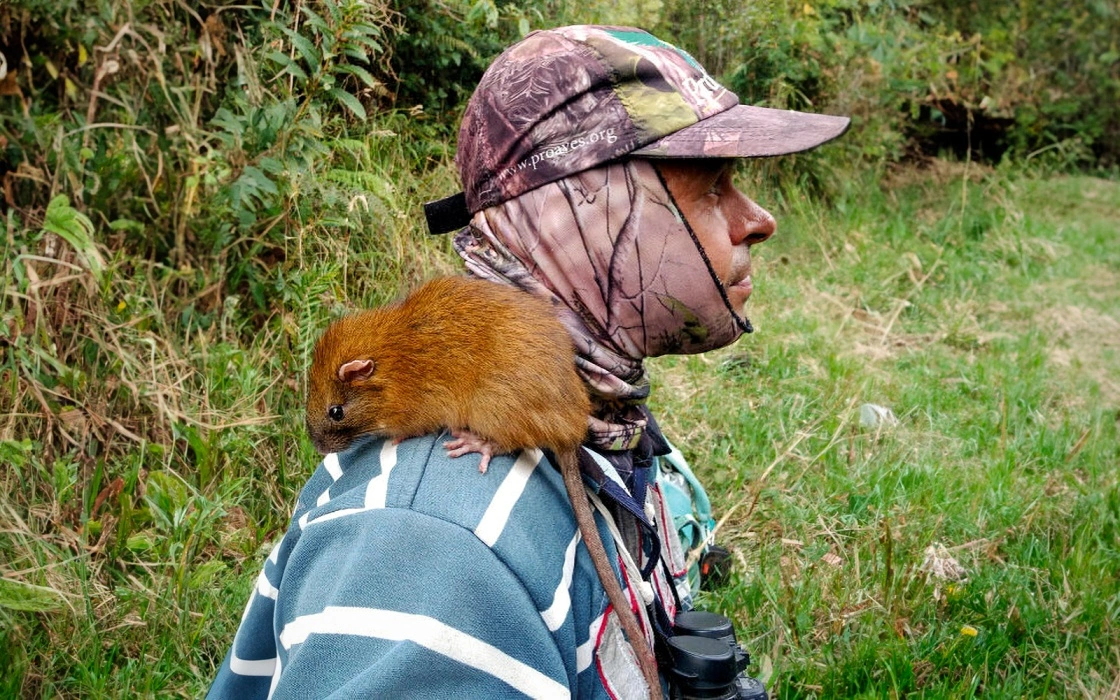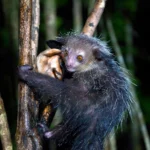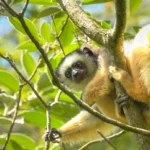In the heart of Colombia’s Andes, amidst the lush greenery and diverse ecosystems, lies a remarkable story of rediscovery and conservation success. The Colombian Bamboo Toro has emerged from obscurity, thanks to the diligent efforts of ProAves Foundation ranger Sergio Cruz in the Loro CoroniAzul ProAves Reserve, Department of Quindío. This rediscovery marks a significant milestone in the ongoing battle to protect and preserve the rich biodiversity of Colombia.

The Colombian Bamboo Toro, also known as the White-tailed olalla rat, was first described in 1879. For nearly 150 years it has remained elusive, with only 17 records from the Colombia Andes and a solitary record from Ecuador. Its enigmatic nature has shrouded it in mystery, with limited information available about its behavior and habitat. However, the recent encounter by Sergio Cruz, a ranger for Conservation Allies partner ProAves Foundation, has provided a rare glimpse into the world of this elusive creature.
“I was undertaking surveys in the reserve when, around 2 pm at 3,430 meters elevation, I saw this mammal down the trail feeding on bamboo and grass,” recounts Sergio Cruz. “Little by little, I got closer and closer. It showed absolutely no concern for me, and despite its large size and being a wild animal, it let me take photos until it actually came to me and climbed on me! You cannot imagine my surprise and joy!“
Sergio Cruz, ProAves Foundation Ranger

The Colombian Bamboo Toro is characterized by its distinctive features, including soft, long hair and an exceptionally long tail with a bold whitish tip. Its bright reddish-brown body contrasts with a whitish belly, making it a striking presence amidst the lush landscape of the Andes. Despite its rarity, this remarkable mammal has forged an unexpected bond with humans, offering hope for its conservation.
Small mammals play a crucial role in maintaining the delicate balance of ecosystems. As seed dispersers, pollinators, and prey for larger predators, they contribute to the health and stability of their habitats. The Colombian Bamboo Toro, with its specialized diet and habitat preferences, occupies a unique niche within the Andean cloud forest ecosystem.
The fondness of the Colombian Bamboo Toro for bamboo thickets within high Andean cloud forests highlights the ecological importance of these habitats. However, these fragile ecosystems face mounting threats from clearance for farming and the impacts of climate change. By safeguarding the Colombian Bamboo Toro and its habitat, we can protect not only a single species but an entire ecosystem teeming with life.
The rediscovery of the Colombian Bamboo Toro underscores the critical need for conservation action. ProAves Foundation, in collaboration with Conservation Allies, is committed to studying this remarkable species to assess its population and implement effective conservation strategies. By leveraging scientific research, community engagement, and habitat protection initiatives, we can ensure the survival of the Colombian Bamboo Toro and other endangered species.
The Loro CoroniAzul ProAves Reserve, where the rediscovery took place, holds significant importance as an Alliance for Zero Extinction site for the Critically Endangered Fuertes’s Parrot. This designation signifies its global significance for endangered species and habitats, emphasizing the need for continual and intensive conservation efforts in the region. Just 13 miles northeast of the this reserve and the Colombia Bamboo Toro sighting, in the same high Andean cloud forest, Conservation Allies is continuing to support ProAves in their work of building a major new ecolodge at the Loro Fuertesi ProAves Reserve, which will provide easier access and is fast becoming a popular destination to see the spectacular Fuertes’s Parrot.



